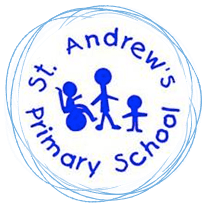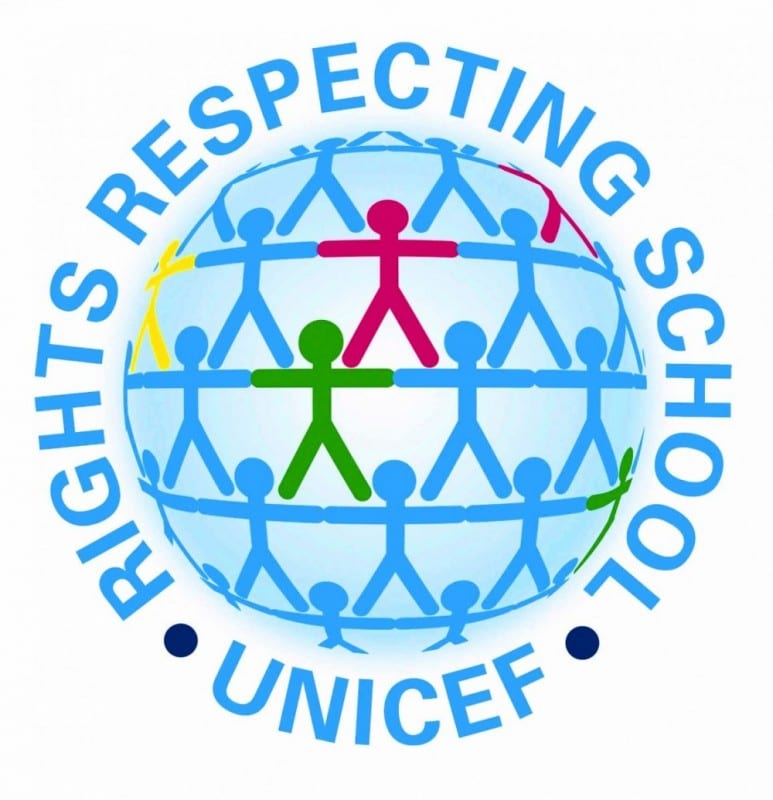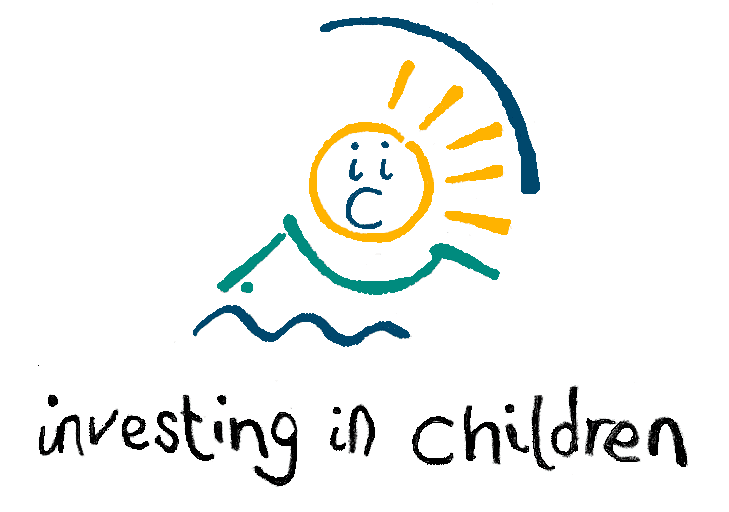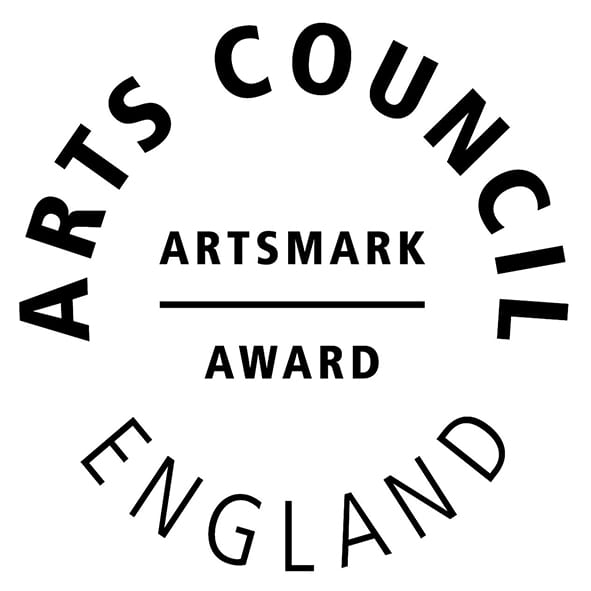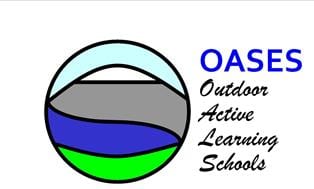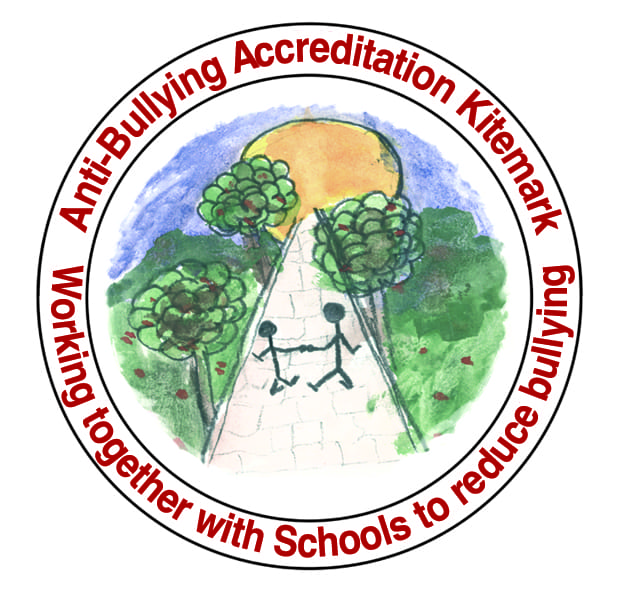Intent
At St. Andrew’s Primary School, we teach Religious Education in blocks, so that children can fully immerse themselves in the learning each afternoon.
In addition to teaching the main six religions (Christianity, Islam, Hinduism, Buddhism, Sikhism and Judaism) we will also use religious festivals throughout the year for special days within school such as Harvest festivals, Christmas, Easter, Diwali, Rosh Hashanah and Ramadan.
We recognise that children in our context are not regularly exposed to different faiths on a regular basis and we feel it is our duty to open pupils’ eyes and minds to our, “…diverse and ever changing world,” as stated in our school vision.
Our RE curriculum also helps our pupils develop their SMSC, personal development and wellbeing. It supports them in finding out who they are and what they believe in, as well as that of others.
Implementation
We follow the RE curriculum guidance given by Durham County Council Local Authority, who have designed a carefully sequenced curriculum that builds upon previous knowledge progressively.
RE in the Early Years
RE is non-statutory for Nursery children, however teachers may choose to plan RE lessons if appropriate when perhaps learning, for example, about celebrations such a weddings or Christenings or religious festivals such as Diwali. RE is a compulsory part of the basic curriculum for all Reception age pupils. The Early Learning Goals document outlines what should be taught during this year. More information can be found here. (link to EYFS page)
Within RE lessons KS1 children will:
- Recall and name different beliefs and practices, including festivals, forms of worship, rituals and ways of life, in order to find out about the meanings behind them.
- Retell and explore the meanings of some religious and moral stories, explore and discuss sacred writings and sources of wisdom, and recognise the traditions behind them.
- Recognise some of the symbols and actions that express a religious community’s way of life, looking at similarities between them.
- Ask and respond to questions about what individuals and communities do, and why, so they can identify what it means to be a part of a community.
- Observe and recount different ways of expressing identity and belonging.
- Notice and respond to some of the similarities between different religions and worldviews.
- Explore questions about belonging, meaning and truth so that they can express their own opinions and ideas in response, using words, music, art or poetry.
- Find out about and respond to examples of cooperation between people who are different.
- Find out about questions of right and wrong and begin to develop and express their own opinions.
Within RE lessons KS2 children will:
- Describe and make connections between different features of the religions and worldviews they study, discovering more about celebrations, worship, pilgrimages and the rituals which mark important points in life, in order to reflect on their significance.
- Observe and understand varied examples of religions and worldviews so that they can explain, with reasons, their meanings and significance to individuals and communities.
- Discuss and present thoughtfully their own and others’ views on challenging questions about belonging, meaning, purpose and truth, applying ideas of their own in different forms including (e.g.) reasoning, music, art and poetry.
- Describe and understand links between stories and other aspects of the communities they are investigating, responding thoughtfully to a range of sources of wisdom and to beliefs and teachings that arise from them in different communities.
- Understand the challenges of commitment to a community of faith or belief, suggesting why belonging to a community may be valuable, both in the diverse communities being studied and in their own lives.
- Consider and apply ideas about ways in which diverse communities can live together for the wellbeing of all, responding thoughtfully to ideas about community, values and respect.
- Explore and describe a range of beliefs, symbols and actions so that they can understand different ways of life and ways of expressing meaning.
- Observe and consider different dimensions of religion, so that they can explore and show understanding of similarities and differences within and between different religions and worldviews.
- Discuss and apply their own and others’ ideas about ethical questions, including ideas about what is right and wrong and what is just and fair, and express their own ideas clearly in response.
Curriculum enrichment
Children will have many opportunities throughout the year to visit St Andrew’s Parish Church, events at other places of worship and visits from those of other faiths, which will enhance their cultural knowledge.
Impact
As a result of this RE curriculum, our pupils will have a wider understanding of the world’s religions and will have developed their views on world issues. They will be able to speak confidently and be able to debate their own opinions when discussing religion with others.
Please see our Whole School Long Term Plan to see what our pupils will study during each year here.
